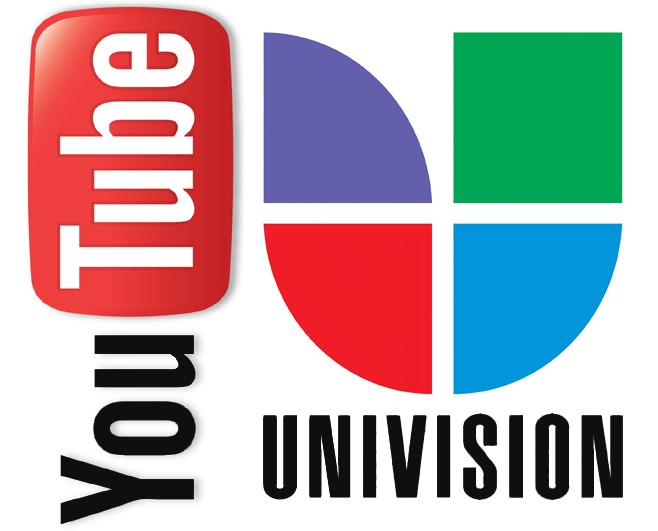YouTube Deal Suggests Content Counts
By Macklin White In Industry News, Social Media, Social Networking, Web 2.0
Analysts and industry critics were quick to ponder how the search giant could hope to make their acquisition profitable. After all, the cost of streaming so many videos couldn’t possibly be offset by advertising. Or could it?
Today we’re witnessing the start of YouTube’s latest strategy to become a money maker. By seeking out professionally produced programming – as opposed to the user-generated clips that have long been the site’s lifeblood – the company hopes to attract more users and advertisers than ever before.
As Miguel Helft reported in the New York Times’ Bits blog, YouTube has agreed to a deal with Univision to stream much of its Spanish-language programming online. It’s no secret that the Latino community is one of the fastest growing online presences going, and YouTube hopes to tap into that market in a big way.
While the deal isn’t exclusive, it will bring many established favorites from television channels Galavision, Univision and Galavision to an online audience. The financial specifics of the agreement remain undisclosed for now. The deal does make one thing clear, however: YouTube is now placing added emphasis on the quality of the product. Last summer, videos were finally made available in high definition. As reported previously in this blog, videos are also now available in 1080p.
In addition to attempting to optimize the viewing experience, YouTube seems to believe that better content will translate to profitability. It’s a model that strikes me as Hulu-like in that that site secured the rights to stream TV shows from NBC, ABC, FOX and many cable networks. My only concern is that YouTube will lose sight of its identity as the go-to repository for user-generated clips.
As always, I’m naturally predisposed to consider YouTube from the perspective of a consumer. Anytime I’m showing friends a particularly funny or otherwise interesting viral video on the site, I like to ask them the same question: What would you do if it cost money to access YouTube? The answer is usually a slight variation on the same theme. “Well, I guess I would just go somewhere else.”
I think Google recognizes the risk they run of alienating viewers with a “pay-to-play” system, which is why that has never been raised as a real possibility. Instead, the company has chosen to seek out alliances with professional purveyors of quality content. Cable channels such as AMC and FX have reinvented themselves in recent years by offering well-written, high-quality dramas and comedy series. Perhaps YouTube is learning something from that business model.


No Comment